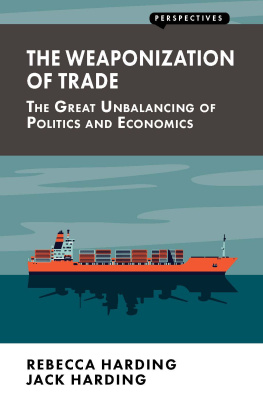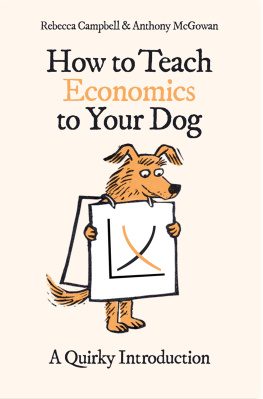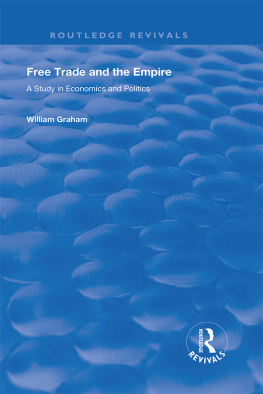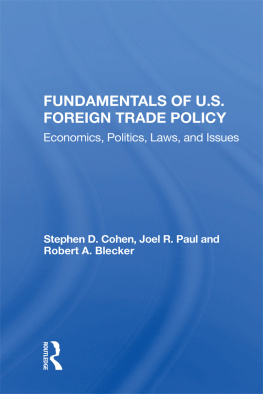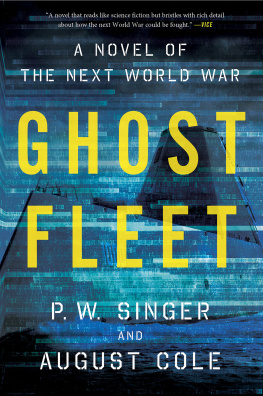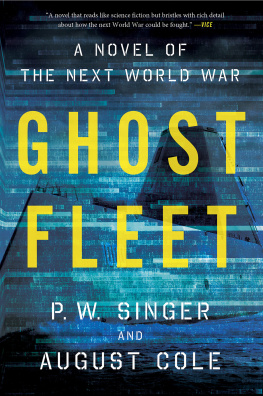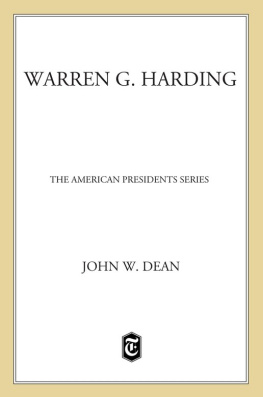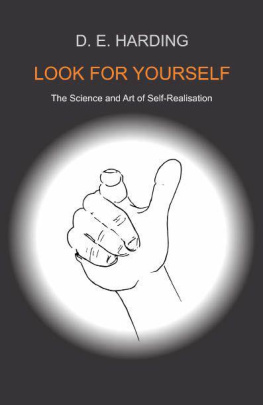Copyright 2017 Rebecca Harding and Jack Harding
Published by London Publishing Partnership
www.londonpublishingpartnership.co.uk
Published in association with
Enlightenment Economics
www.enlightenmenteconomics.com
All Rights Reserved
ISBN: 978-1-907994-74-6 (epub)
A catalogue record for this book is
available from the British Library
This book has been composed in Candara
Copy-edited and typeset by
T & T Productions Ltd, London
www.tandtproductions.com
Cover image montage by
James Shannon:
www.jshannon.com
Chapter 1
Introduction: strategic trade
I am very disappointed in China. Our foolish past leaders have allowed them to make hundreds of billions of dollars in trade a year yet they do NOTHING for us with North Korea, just talk. We will no longer allow this to continue. China could easily solve this problem!
@RealDonaldTrump
I nternational trade is about more than just economics, and not only for the US administration. Trade is about coercion and strategic influence.
Since the 2008 financial crisis, the language around trade has shifted. Before, politicians described it as a benign mechanism for promoting global economic growth. Now, their statements about trade are steeped in the rhetoric of war. Instead of global opportunities and wealth creation, politicians on both sides of the Atlantic talk about protection, security, national interest and defence. Former trade partners are now trade enemies, with unfair protectionist policies against which it is natural for any politician to rail.
Through this linguistic metamorphosis, it has become apparent that trade is being used as a tool of state strategy. Trade deals have foreign policy objectives. The UK prime minister, Theresa May, and the US president, Donald Trump, have both conflated trade goals with foreign policy goals. In her Article 50 letter to the president of the European Council triggering the United Kingdoms exit from the European Union, Theresa May suggested that a trade deal could be linked to UK participation in European security arrangements. Donald Trump has explicitly linked US discussions with China to the issue of North Koreas nuclear programme.
This book argues that through this rhetorical shift, trade is being weaponized into a tool of strategic and political influence. Although weaponization is an inflammatory term, in the context of trade it can be used literally. Weaponization is the transformation of a benign instrument into a means of aggression and, increasingly, we have observed states wielding trade coercively. It is redolent of Carl von Clausewitzs classic definition of war: first, as the continuation of policy by another means; and second, through the supply of arms and ammunition to strategic partners, as an indirect act of force to compel our enemy to do our will. In short, through language, the character of trade has changed from an implicit tool of coercion to the explicit means through which foreign policy objectives are achieved.
There are no circumstances under which this rhetorical weaponization can be seen as a good thing. The benefits of trade require a balance between economics and politics. Although trade and foreign policy have been interwoven throughout history, the belligerence of the language at present means there is a risk of trade becoming predominantly political, rather than economic. This puts at risk the economic and political gains of the period since World War II and even poses a danger of returning to the implosion of trade in the 1930s. Unless governments retreat from their current rhetoric, the scope for mistrust and retaliation will grow. Policymakers need to step back from the brink of weaponized trade policy and demonstrate that they understand their responsibilities as leaders, regulators and facilitators of trade and multilateralism.
Here we introduce the concept of strategic trade. This we define as trade that is deployed not only to achieve economic and social goals domestically (its traditional role) but also to promote national interests abroad. This is achieved through integration, coercion or the targeted supply of the means for violence in regions of the world deemed to be of strategic importance without the need to engage militarily. This is crucial in an era when ineffective interventions in the twenty-first century (e.g. in Afghanistan and Iraq) have undermined the political will for direct military action.
The concept of strategic trade in economic terms was developed by Paul Krugman, who, like us, argued that trade is more than just economics: it is politics too. However, we broaden the concept to include the use of trade in a military context, as a means to achieve foreign policy objectives, rather than the protectionist, domestic economic objectives to which Krugman referred.
For Krugman, writing in 1986, strategic trade suggests that governments can catalyse resource reallocation to those sectors and businesses where economic rents (i.e. returns to capital and labour) are highest and protect them against foreign competition. He argued that trade was increasingly about taking national advantage of economies of scale and of the positive spillover effects (external economies) from technology and organizational learning.
Like Krugman, we also see trade as strategic. But there are two key differences between his approach and ours.
First, we define trade as a tool of both foreign and economic policy. This means that we are defining strategic trade as a driver of influence in foreign policy as well as in economic terms.
Second, Krugman was writing in a period before the end of the Cold War and before the completion of the European Single Market. We argue that the free movement of capital, labour and ideas that defined the postCold War period has shifted the positive externalities of trade for technological and organizational purposes from the nation state to the multinational corporation, with three main effects.
It makes the real value of trade almost impossible to measure. Services and goods trade combine in one supply chain. This increases the value of trade even if the volume of goods traded stays constant. Transactions within supply chains are hard to capture in trade statistics, and it is difficult to trace the value added and economic rents. This makes trade as a tool of national interest very difficult to gauge in economic terms. The consequence is that, just as we want to start to measure trade and trade performance nationally, trade growth itself has become unreliable almost a Goodharts Law of international trade flows.
It weakens the ability of domestic macroeconomic policy to capture the advantages of trade, either through currency manipulation or through tariffs and subsidies. Companies are able to shift their operations relatively swiftly to take advantage of favourable tax regimes and subsidies. As a result, traditional policy levers can no longer deliver benefits at a domestic level.
Proportionately, however, it increases the power of nation states and trade blocs to form aggressive policies to disadvantage another nation politically (through sanctions) without doing lasting damage to their multinational corporations. This has the effect of creating global trade enemies like China, Russia and Iran from a Western perspective and using them in public discourse to harness war-like rhetoric.
Why look at trade strategically now?
Iconoclastic politicians have created a sense in the voting population that most people have been excluded from the benefits of globalization. Further, a wave of immigration across Europe indeed across the world and the perception of a greater threat from terrorism have combined to generate so-called populism that, at least in some countries, has left global liberal democracy with its own crisis of legitimacy a democratic deficit, even.

